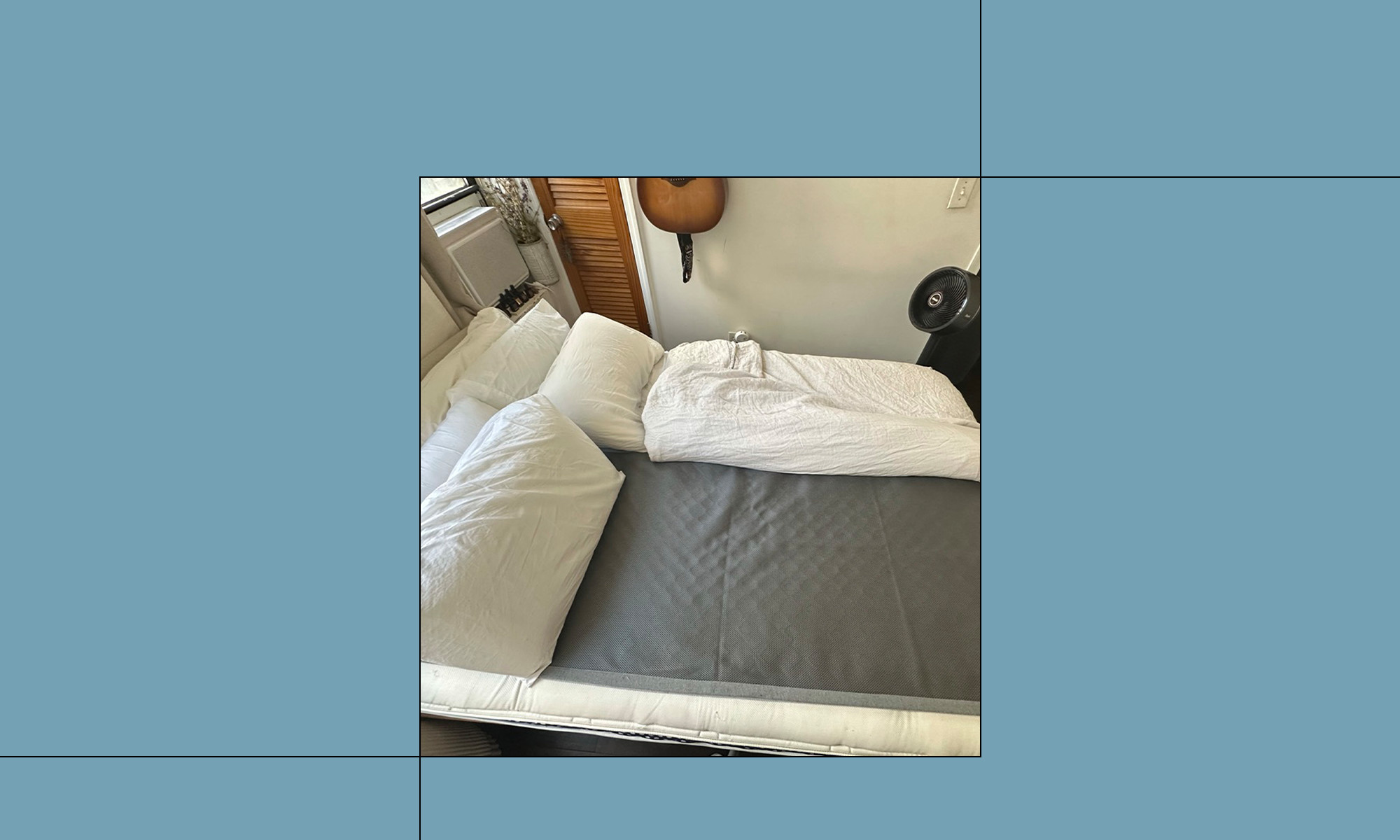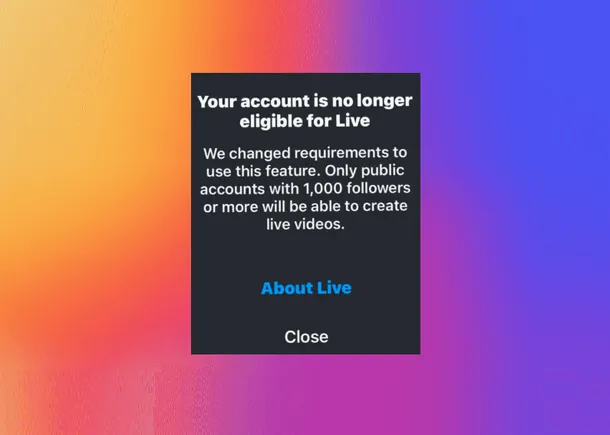88% Of US Adults Are Not Metabolically Healthy — Are You One Of Them?
Actionable insights for better well-being.
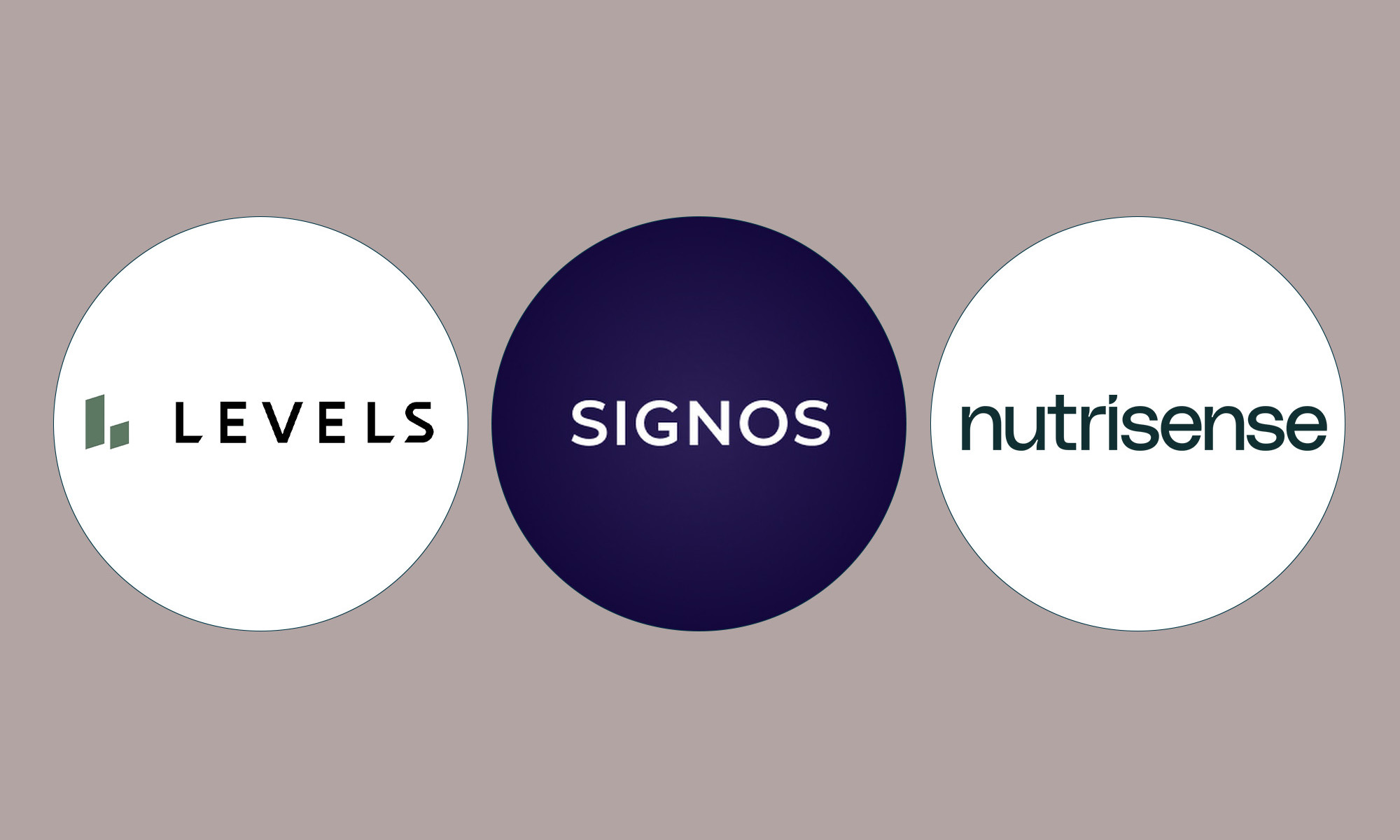

Registered Nurse (RN)
Registered Nurse (RN)
Amanda is a registered nurse with over a decade of experience in clinical nursing and a member of the Association of Healthcare Journalists.

Medical review by
Scott Nass, M.D., MPA, FAAFP, AAHIVS
Board-certified Family Physician
Scott Nass, M.D., MPA, FAAFP, AAHIVS is a family physician and HIV specialist in California. He takes a holistic approach to healthcare, incorporating principles of functional medicine and using food as medicine when working with patients.
July 28, 2023 Our editors have independently chosen the products listed on this page. If you purchase something mentioned in this article, we may Countless factors contribute to your metabolic health, but glucose levels play a huge role. Since an alarming 88% of American adults are not metabolically healthy, continuous glucose monitoring (CGM) is becoming increasingly common. When deciding between the three top players in the CGM space, Signos vs Nutrisense vs Levels, there are a number of elements to consider. Poor metabolic health impacts memory, mood, fertility, and risk for chronic diseases such as heart disease, Type 2 diabetes, and kidney disease. CGM is a useful tool to improve health, reduce symptoms of chronic illness, and can help manage weight loss efforts. Signos, Nutrisense, and Levels each provide a useful approach to tracking glucose response. Keep reading to learn which is best for you.
What is a continuous glucose monitor?
A continuous glucose monitor uses advanced technology to provide real-time insight into your glucose levels. The FDA approved CGM for professional use in 1999, specifically for people who had diabetes.
As evidence mounted demonstrating the effect glucose has on even those without diabetes, continuous glucose monitoring became popular with health and wellness companies committed to improving metabolic health. The data from these devices is transmitted to an app, allowing the wearer to track glucose levels in real-time.
“The beauty of CGM is that it provides a comprehensive picture of your glucose trends, rather than isolated snapshots that traditional fingerstick measurements offer,” says Dr. Susan Manzi, M.D. “By using a CGM, you can observe how different factors such as exercise, food, stress, and sleep impact your glucose levels. This information can be invaluable in guiding lifestyle choices aimed at maintaining healthy glucose levels, supporting weight loss efforts, and improving overall metabolic health.”
What is Signos?
Signos is an AI-driven app that helps individuals monitor their glucose levels and the factors that impact it. The app compares a log of what you eat against your glucose reaction and then provides the user with customized nutritional suggestions including what to eat, when to eat, and when to exercise, all designed to help the consumer achieve their optimal weight and achieve metabolic health.
By making sustainable micro changes, data shows consumers can avoid insulin and glucose spikes, which ultimately improves overall health. Since those glucose spikes trigger the body to store excess calories as fat, Signos helps short-circuit the cycle. The device is Bluetooth-connected and can be integrated with an Apple Watch. It's also water resistant, so consumers can use it while exercising.
Pros
AI-driven app that customizes micro and macro lifestyle changes to improve healthHelps reduce glucose spikesEasy applicationCons
Bluetooth connectivity is a disadvantage for those avoiding WiFiWhat is Nutrisense?
Nutrisense is a metabolic membership health company that uses multiple resources to help set individuals on a path to improved health. Within the membership, you have access to a CGM tool and corresponding app.
The brand is unique in that it is not strictly a CGM company. It uses CGM as one tool among many to help individuals improve overall health. Nutrisense also provides a nutritional analysis and one-on-one support with a personal, registered, board-certified nutritionist.
Together, users address symptoms associated with poor glucose control, including mood inconsistencies, digestive issues, and poor sleep patterns. In addition to glucose monitoring, the program evaluates health history, other lab work, food logs, activity levels, and stress.
With Nutrisense, you and your nutritionist develop a practical and sustainable plan that includes addressing the types of foods you eat, combinations of foods, and the timing of your meals. Your customized plan will also address how you fuel your workouts and offer support to help manage stress, sleep hygiene, and support behavioral changes.
Pros
Paired with a personal registered and board-certified nutritionistMembers have access to additional resources to address metabolic health issuesEasy applicationCons
Readings are relatively accurate, but the absolute value may vary if the person doesn’t supply a fasting blood sugarMost expensive membership compared to Signos and LevelsWhat is Levels?
Levels understands that your metabolic health impacts your energy level, weight management, sleep quality, and appetite—and by regulating your metabolic health, you can live a longer and healthier life. The CGM device offers real-time personalized data integrated with a smartphone app to help you make diet and activity choices to improve your health.
The biometric data offers insights into how diet affects glucose levels, so you can adjust what and when you eat, as well as how much you eat. These adjustments are meant to improve mental clarity, digestive health, and athletic performance. Fitness is an important factor in metabolic health, and Levels seeks to help its consumers eat the right food at the right time to offer a stable energy source in and outside the gym.
Users log their food in the app, which can also syncs data from external activity trackers. The app gives you a meal score to identify which foods work best with your metabolism, and provides daily, weekly, and monthly reports to build lasting healthy habits.
Levels offers two membership options: one for just the app membership and another that includes a CGM with one month's supply of sensors.
Pros
Syncs data from activity trackersScores your meals and produces weekly reports to track changesLeast expensiveCons
Application of CGM device may require more than one personDoesn’t offer live consultationsSignos vs Nutrisense vs Levels: Comparing the costs
As you decide between Signos vs Nutrisense vs Levels, cost is an important factor to consider.
Signos offers three membership levels, each of which has identical benefits (AI-powered weight loss insight app with CGM real-time data and a personalized health curriculum).
Signos membership costs
One-month plan: $359 per monthThree-month plan: $183 per month Six-month plan: $143 per monthNutrisense offers a similar cost breakdown with membership options from three to 12 months. With each membership level, users receive CGM sensors, free shipping, and one month of nutritionist support for free, with access to the Nutrisense app and a member's only community. After the first month, members must pay an additional $100 per month for continued support. This makes the three-month plan the best option for those who want to continue one-on-one support with a nutritionist.
Nutrisense membership costs
Three-month plan: $299 per monthSix-month plan: $250 per month12-month plan: $225 per monthUsers have two membership options with Levels. The first option is $199 for 12 months, which includes a 12-month membership, access to the Levels app, and personalized health insights from food logs and health quizzes. The second membership is $199 for each CGM kit, which includes a one-month supply of sensors and integration with the levels smartphone app.
Members have the option of using CGM for one month and then relying on the smartphone app for personalized help until they wish to monitor glucose levels again. This is a more cost-effective means of identifying foods and activities that impact glucose control, but does not offer additional support from AI programs or board-certified nutritionists.
Signos vs Nutrisense vs Levels: Comparing the Collection Method
Each brands us a CGM device to track glucose levels in interstitial fluid (fluid that resides between cells), which means the devices do not come in contact with blood. Traditionally, glucose levels have been measured using capillary blood samples, but research has shown that using interstitial fluid in CGM devices offers very similar data1.
Signos vs Nutrisense vs Levels:Comparing the setup & ease of use
Signose, Nutrisense, and Levels all require you to apply a CGM system to the back of your arm. Nutrisense and Levels use a simple and easy-to-apply process: The CGM fits easily into the applicator, which quickly applies the sensor to your arm without any help from another person.
The Signos applicator requires a bit more dexterity from the user and several more steps than Nutrisense and Levels .
After application, CGM sensors must be activated within your account in the app.
The Nutrisense and Levels CGM systems requires just a swipe of the app against the sensor after you are logged in to your account. The Signos app transmits by Bluetooth to your app as long as the app is open and you are within 20 feet of your phone.
Signos vs Nutrisense vs Levels: Comparing the data measured
The three CGM systems monitor glucose levels. However, this single biomarker is not the only marker important to controlling symptoms and weight management. Manzi notes that glucose levels are the most fundamental data point, but other vital information includes:
Signos, Nutrisense, and Levels CGM devices each provide information about these data points. The biggest difference is in how that information is interpreted.
While Levels provides actionable recommendations for users to improve their health and well-being, it does not offer assistance in interpreting information and integrating that into your daily choices.
Nutrisense, on the other hand, pairs you with a board-certified nutritionist who offers one-on-one support to make lifestyle changes.
Signos uses an AI-powered program to assess the data measured and create a personalized nutritional plan.
“It's also worth mentioning that pairing CGM data with professional guidance from a nutritionist or a medical weight loss expert can be highly beneficial,” Manzi advises. “An expert can help you interpret the data and provide personalized advice, further supporting your journey to weight loss and improved metabolic health.”
Signos vs. Nutrisense vs. Levels:
Levels
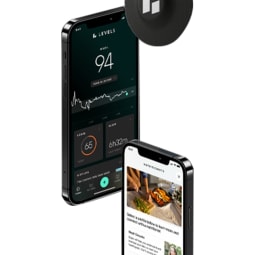
Collection method:
Interstitial fluid
Biomarkers checked:
Glucose
Result time:
Real-time with each scan of the device
Insurance coverage:
No insurance coverage is offered at this time.
Who should use it: Levels is a valuable tool for people who are interested in quarterly or more monitoring of their glucose levels. It provides key insights into what might be impacting your glucose levels, and how those factors affect weight loss, memory, mood, sleep, and digestive issues.
Who shouldn't use it: Interstitial fluid glucose is not an accurate reflection of glucose levels in people on chemotherapy. Monitoring interstitial fluid is also slightly delayed from blood glucose, which currently makes CGM not the first choice for people with diabetes.
Signos
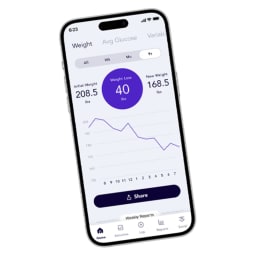
Collection method:
Interstitial fluid
Biomarkers checked:
Glucose
Result time:
Results are delivered every five minutes via Bluetooth to your smartphone app
Insurance coverage:
No insurance coverage is offered at this time but members can use HSA/FSA funds.
Who should use it: Signos is useful for anyone who wants to gain a better understanding of how daily lifestyle factors impact blood glucose levels. It's a good choice for people who can use their HSA/FSA account to use pretax dollars to pay for glucose monitoring. The system helps reduce glucose spikes, which negatively affect weight loss efforts and mood swings.
Who shouldn't use it: People who are in active cancer treatment as chemotherapy affects the ability to accurately read interstitial fluid and those who avoid consistent WiFi exposure.
Advertisement
This ad is displayed using third party content and we do not control its accessibility features.
Collection method:
Interstitial fluid
Biomarkers checked:
Glucose
Result time:
Immediate on a smartphone app each time you scan the sensor
Insurance coverage:
No insurance coverage is offered at this time.
Who should use it: People interested in monitoring glucose levels to improve weight loss efforts and those who want one-on-one support and extra resources. Athletes use the program to fuel workouts and recovery and people struggling with chronic conditions to improve their symptoms.
Who shouldn't use it: The brand discourages people who are on prescription insulin from relying on CGM to adjust their insulin levels. Monitoring is not accurate in people receiving active cancer treatment as chemotherapy impacts interstitial fluid. Signos encourages those with an eating disorder to use a coaching-focused program without CGM.
FAQ
Is Signos better than Nutrisense?
The technology behind the sensors in Signos and Nutrisense is virtually identical. Which you choose depends on whether the resources and price meet your needs and how you plan to use the information.
What is the most accurate CGM on the market?
The most accurate CGMs are professional grade monitors that use blood to measure glucose levels, rather than interstitial fluid.
This helps a diabetic use the correct amount and type of insulin needed to carefully titrate their glucose levels and avoid injury to the blood vessels.
What is the best glucose monitoring system for weight loss?
The best CGM device to help you lose weight is the one you use consistently. Each company provides different information, recommendations, and levels of support.
While glucose measurement is relatively consistent between companies, the support, information, and resources you receive are not. Choose the company that provides you with the information you need to be successful in your weight loss efforts.
What are alternatives to Nutrisense?
There are several alternatives to Nutrisense, including Signos, Levels, and Dexom. Each company provides users with a variety of resources to help them meet their goals.
The company you choose should offer the resources you need to make healthy lifestyle changes. The benefit to Nutrisense is the one-on-one support from a board-certified nutritionist who can help guide your journey.
Can I shower with Signos?
You can shower, exercise, swim, and fly with the sensor. It works at depths of eight feet of water and altitudes of up to 13,800 feet.
Does Signos require a prescription?
Signos, Nutrisense, and Levels all require a prescription as a CGM is a medical device. While most companies will help you get a prescription to meet that requirement, most insurance companies do not cover CGM devices or memberships for their members.
The takeaway
Per Manzi, “By revealing how specific foods and activities impact your glucose levels, it empowers you to make informed decisions that support your weight loss and health goals.” A healthy food for one person could spike another person's glucose level. CGM insights help you tailor your diet and exercise to your body’s unique responses. As you consider Signos vs Nutrisense vs Levels, you may want to take a deeper dive into the factors that affect your longevity and health.

 UsenB
UsenB 





























